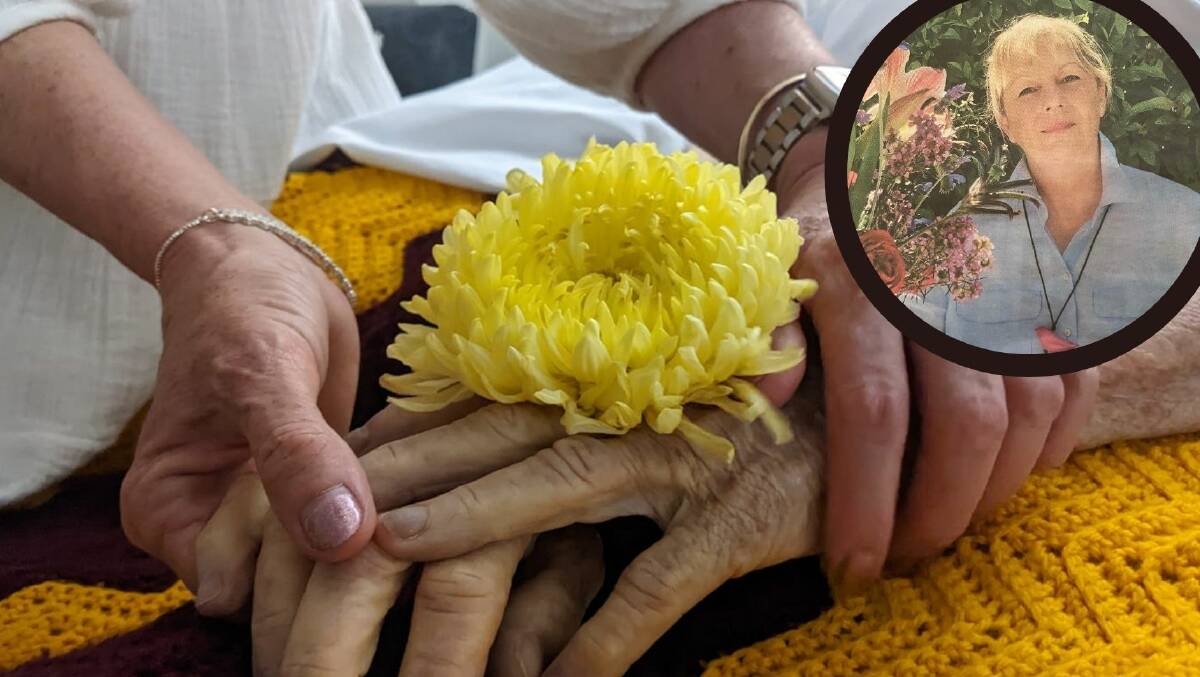
NSW residents will soon be able to safely and legally end their lives on their own terms as the state prepares to implement voluntary assisted dying.
Subscribe now for unlimited access.
$0/
(min cost $0)
or signup to continue reading
NSW will join Queensland, Victoria and Western Australia from November 28, 2023 when residents will have access to voluntary assisted dying, provided they meet the strict eligibility criteria.
This includes, but is not limited to, being over 18 years old, being diagnosed with an illness or disease that will cause death within 12 months, and having the mental and physical capacity to make the decision to access assisted dying.
IN OTHER NEWS:
Debbie Andersen is an end-of-life doula in the rural town of Warwick, Queensland, and has had experience with clients who have made the decision to access voluntary assisted dying.
Like the Centra West, Warwick is at least a couple of hundred kilometres from the closest capital city, and Ms Andersen is pleased that people in rural areas can access voluntary dying if they want that option.
"Warwick's not big, and it's regional, and assisted dying was only legalised in January [2023], so it's interesting and surprising the amount of people who have accessed it just in our little neck of the woods.
"So that tells me that it's certainly a good thing that people can access that if they qualify."
A rigorous process must be followed for a person to gain approval to access assisted dying, including consultations with two specially qualified doctors.
And under no circumstances can a medical professional bring up the subject of voluntary assisted dying; instead, it has to be broached by the patient.
But once the patient receives approval, Ms Andersen said that, in her experience, the process moves along quite quickly.
And the end result is the patient is prescribed with the medication and they can either take it themselves or have it administered by a qualified practitioner.
However, even after approval, there are still numerous strict guidelines that need to be followed.
"You don't go into a pharmacy and just get a prescription filled; there's lots of rules and regulations surrounding it and for very good reason," Ms Andersen said.
While some people may be against the notion of accessing voluntary assisted dying, Ms Andersen said she has seen the comfort it gives people just knowing it's an option.
"Then, in my experience, for the people who have accessed it, they usually have their support person with them or they might have their palliative care nurse with them at home ... and then my understanding is the process is usually - if all the steps are followed - quite quick, calm and peaceful," she said.
"I know there's conscientious objectors and I get that, but for the patients, knowing what's ahead of them, knowing that there's no cure and they're going to die within 12 months, they opt to go on their own terms instead of having a potentially drawn-out, painful and unpredictable death."
More information on the NSW Voluntary Dying Act 2022 can be found on the NSW Government website.
- Support is available for those who may be distressed. Phone Lifeline 13 11 14; Men's Referral Service 1300 776 491; Kids' Helpline 1800 551 800; beyondblue 1300 224 636; 1800-RESPECT 1800 737 732; National Elder Abuse 1800 ELDERHelp (1800 353 374).


